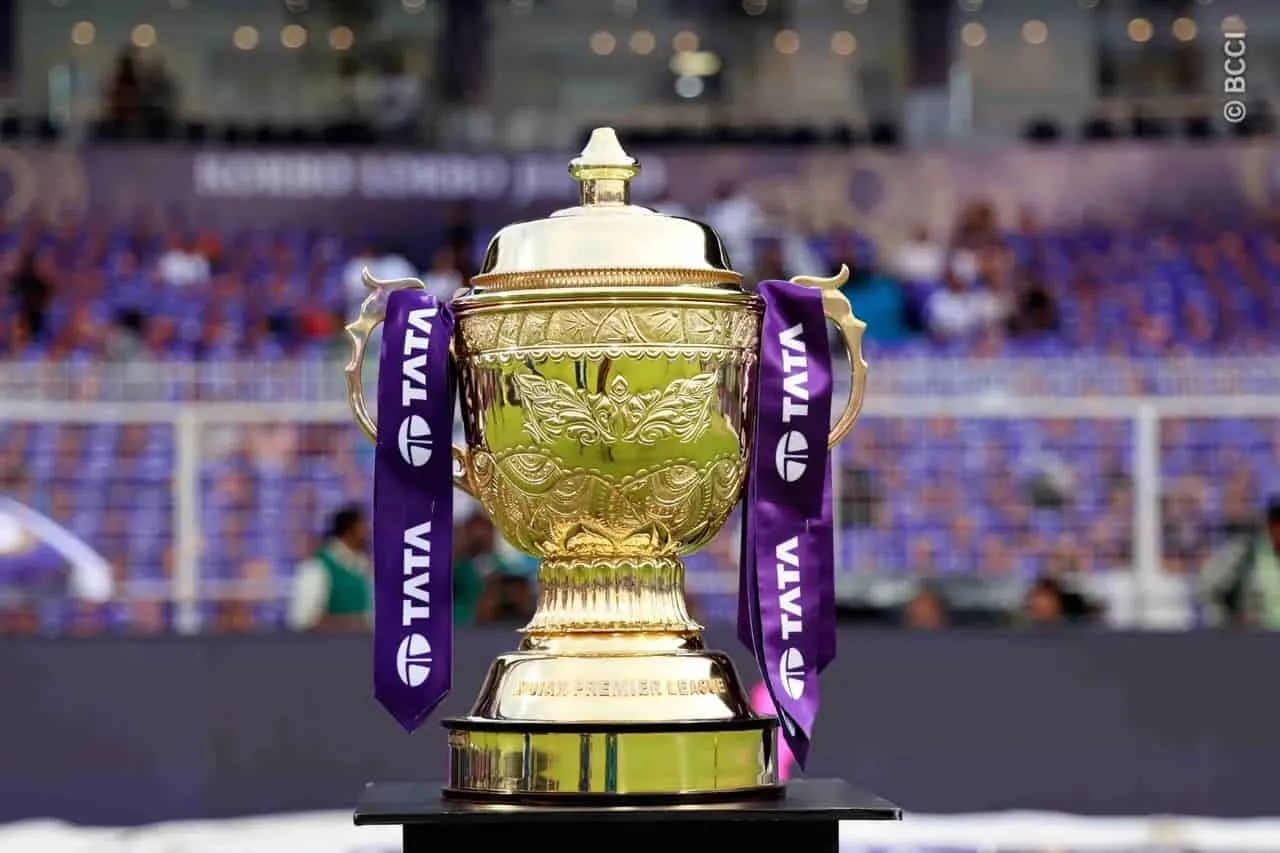IPL Set for Major Expansion: 94 Matches, No New Teams by 2028
The Indian Premier League (IPL) — cricket’s most glamorous and commercially successful tournament — is again gearing up for a major transformation. According to recent developments, the Board of Control for Cricket in India (BCCI) is planning to expand the IPL 94 match expansion season by 2028. Interestingly, this expansion will happen without adding any new teams, maintaining the current roster of ten franchises.
This move marks a significant shift in the league’s structure and is expected to have widespread implications across scheduling, broadcasting, player management, and global cricket operations. Here’s a detailed look at what this expansion means for the future of the IPL.

The Journey So Far
To understand the magnitude of this change, it’s important to revisit the IPL’s evolution.
- Until 2021, the IPL operated with eight teams and around 60 matches per season.
- In 2022, two new franchises — Gujarat Titans and Lucknow Super Giants — joined the league, taking the total number of teams to ten.
- Consequently, the number of matches rose to 74 per season, a format that has been maintained through 2025.
Initially, there were talks about expanding the league to 84 matches by 2025, but concerns about player workload and calendar congestion led the BCCI to defer that decision. Instead, the league has maintained its existing size — at least for now.
What’s Changing by 2028?
By 2028, the BCCI intends to introduce a full-fledged home-and-away format for all ten teams.
This means:
- Each team will play every other team twice — once at home and once away.
- This system mirrors what many football leagues, like the English Premier League, follow.
The mathematics behind this setup leads to 94 matches in a season, a noticeable jump from the current 74.
Currently, the IPL uses a “group system” where not all teams face each other twice in a season. The home-and-away format would significantly enhance the fairness, competitiveness, and fan engagement across different cities.
No New Teams: Why?
Despite the massive growth in popularity and financial interest around IPL franchises, the BCCI has confirmed that there are no plans to add more teams — at least for this expansion phase.
This is a strategic choice:
- Quality over quantity: Keeping the number of teams constant ensures that talent isn’t diluted and the competitive balance remains high.
- Scheduling complexities: Adding more teams would mean an even bigger tournament, which would be difficult to accommodate within the global cricket calendar.
- Player workload: Many international and domestic players are already stretched thin, juggling national duties and franchise commitments.
Thus, the BCCI is focusing on strengthening the existing 10-team ecosystem rather than rushing into adding more franchises.
Key Challenges Ahead
While the idea of IPL 94 match expansion season by 2028 sounds exciting for fans and investors, the expansion isn’t without significant hurdles.
1. Scheduling Pressure
A 94-match season would require an extended window, potentially running for almost three months.
This poses challenges:
- Clashes with international series
- Increased pressure on cricket boards to release players
- Potential player fatigue, especially for those active across formats
The BCCI is reportedly in discussions with the International Cricket Council (ICC) and other national boards to negotiate a broader window for the IPL, ensuring minimal conflict with international fixtures.
2. Player Workload Management
Several cricketers, including elite Indian stars, have raised concerns about burnout.
Already, we have seen players like Ben Stokes and Trent Boult step back from some international commitments to better manage their workload.
Managing players’ physical and mental health will be critical for the league’s long-term sustainability.
3. Broadcaster Concerns
More matches can mean more advertising slots and revenue — but it could also lead to viewer fatigue.
Some broadcasters have observed that viewership often dips midway through long seasons.
The BCCI and media partners will need innovative programming, marketing campaigns, and storytelling to keep fans engaged throughout an extended season.
Stakeholder Reactions
Franchise Owners:
Team owners have largely welcomed the proposed expansion.
More matches mean higher ticket sales, merchandise opportunities, and increased share in broadcasting revenues.
Broadcasters and Sponsors:
While happy about the financial upside, broadcasters are cautious. They are concerned about maintaining high ratings across a stretched tournament. Balancing quantity with quality will be key.
Players:
Many players will likely demand better rotation policies, workload management support, and possibly, even larger salaries to cope with the demands of a longer season.
Fans:
From a fan’s perspective, more IPL is generally good news. More games, more rivalries, more action-packed evenings — the IPL’s popularity shows no signs of slowing down.
What This Means for the Future of Cricket
The expansion of the IPL to 94 matches is not just a development for Indian cricket — it is a sign of a broader shift in the cricketing world:
- Franchise leagues are becoming increasingly dominant.
- Traditional international cricket may need to evolve and adapt to the growing power of domestic T20 leagues.
- Future cricket calendars might prioritize IPL-style leagues alongside flagship events like the World Cup.
The IPL’s rise is a reflection of modern sports consumption patterns — fast-paced, entertainment-driven, and commercially potent.
Final Thoughts
The BCCI’s decision to expand the IPL 94 match expansion season by 2028 is bold but calculated. It demonstrates a clear vision to further solidify the IPL’s position as the most valuable T20 league globally.
However, the success of this expansion will depend heavily on careful planning around scheduling, player welfare, and sustaining fan interest.
As cricket continues to evolve, one thing is certain: the IPL will remain at the heart of the sport’s future.
Read Article Pahalgam Attack 2025: A Grim Reminder of Kashmir’s Fragile Peace only at BuzzTimes










